REHMAN Baba, “the Nightingale of Peshawar,” was an 18th-century poet and mystic, a sort of North West Frontier version of Julian of Norwich. He withdrew from the world and promised his followers that if they also loosened their ties with the world, they could purge their souls of worries and move towards direct experience of God.
For centuries, Rehman Baba`s shrine at the foot of the Khyber Pass has been a place where musicians and poets have gathered, and his Sufi verses in the Pukhtun language made him the national poet of the Pathans. As a young journalist covering the Soviet-mujahideen conflict I used to visit the shrine to watch Afghan refugee musicians sing their songs to their saint by the light of the moon.
Then, about 10 years ago, a Saudi-funded Wahhabi madressah was built at the end of the track leading to the shrine. Soon its students took it on themselves to halt what they saw as unIslamic practices. On my last visit, I talked about the situation with the shrine keeper, Tila Mohammed.
He described how young Islamists now came and complained that his shrine was a centre of idolatry and superstition “My family have been singing here for generations,” said Tila. “But now these Arab madressah students come here and create trouble. Before the Afghan war, there was nothing like this. But then the Saudis came, with their propaganda, to stop us visiting the saints, and to stop us preaching `ishq` [love].”
Rehman Baba believed passionately in the importance of music, poetry and dancing as a path for reaching God, as a way of opening the gates of Paradise. But this use of poetry and music in ritual is one of the many aspects of Sufi practice that has attracted the wrath of modern Islamists. For although there is nothing in the Qur`an that bans music, Islamic tradition has always associated music with dancing girls and immorality, and there is a long tradition of clerical opposition.
At Attock, not far from the shrine of Rehman Baba, stands the Haqqania, one of the most radical madressah in South Asia. Much of the Taliban leadership, including its leader, Mullah Omar, were trained here, so I asked the madressah`s director, Maulana Sami ul-Haq, about what I had heard at Rehman Baba`s tomb. The matter was quite simple.”
Music is against Islam,” he said. “Musical instruments lead men astray and are sinful. They are forbidden, and these musicians are wrongdoers.”
Nor were Sami`s strictures limited to the shrine`s music “We don`t like tomb worship,” he continued. “We do not pray to dead men, even the saints.”
This sort of madressah-driven change in attitudes is being reproduced across Pakistan. There are now 27 times as many madressahs in the country as there were in 1947 from 245 at independence, the number has shot up to 6,870 in 2001. Across Pakistan, the religious tenor has been correspondingly radicalised the tolerant, Sufi-minded Barelvi form of Islam is now out of fashion in northern Pakistan, especially in the NWFP, overtaken by the rise of the more hardline and politicised Wahhabism.
Later, I returned to the shrine and found Tila Mahommed tending the grave. Making sure no one was listening, he whispered “We pray that right will overpower wrong, that good will overcome evil. But our way is pacifist,” he said.
I thought of this conversation, when I heard that the shrine of Rehman Baba had finally been blown up on Thursday, a few hours after the Sri Lankan cricketers were ambushed in Lahore. The rise of Islamic radicalism is often presented in starkly political terms, but what happened in Peshawar last week is a reminder that, at the heart of the current conflict, lie two very different understandings of Islam.
Wahhabi fundamentalism has advanced so quickly in Pakistan partly because the Saudis have financed the building of so many madressahs, which have filled the vacuum left by the collapse of state education. These have taught an entire generation to abhor the gentle, syncretic Sufi Islam that has dominated south Asia for centuries, and to embrace instead an imported form of Saudi Wahhabism.
— The Guardian, London















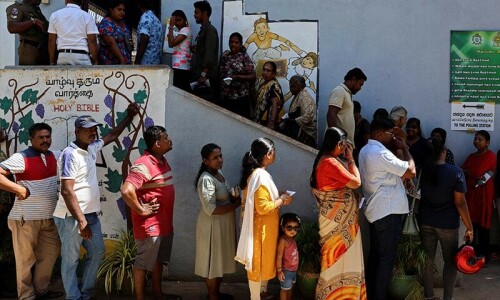

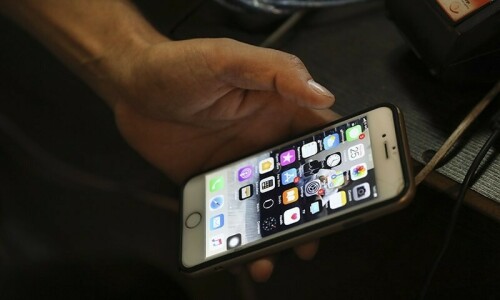

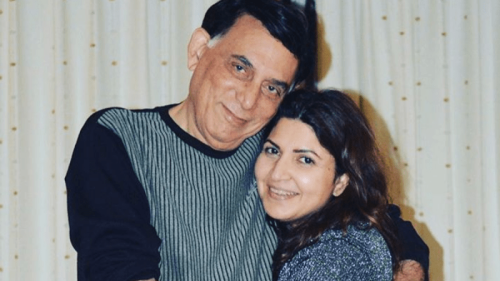
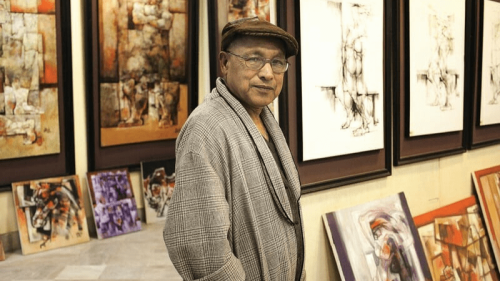
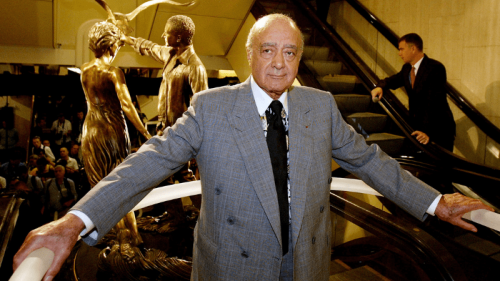









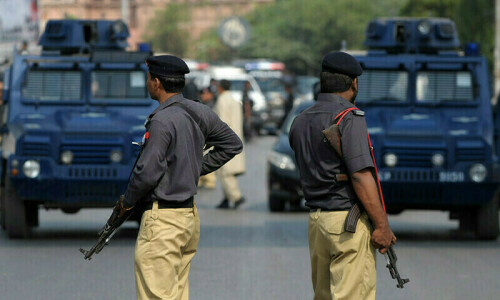




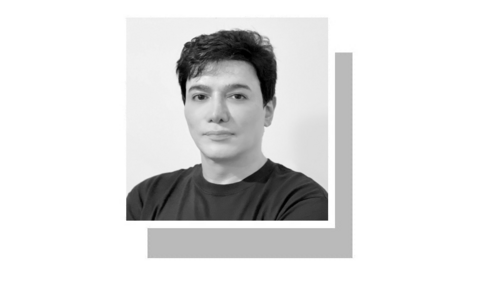




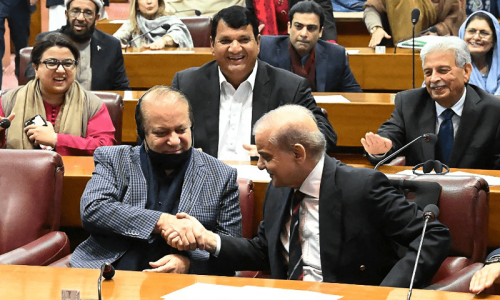
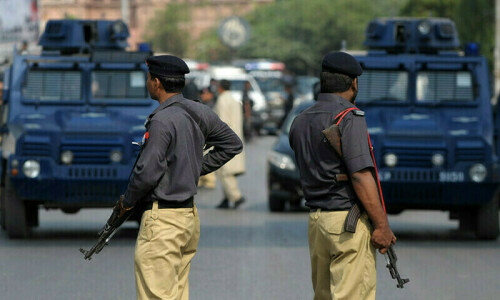


Dear visitor, the comments section is undergoing an overhaul and will return soon.